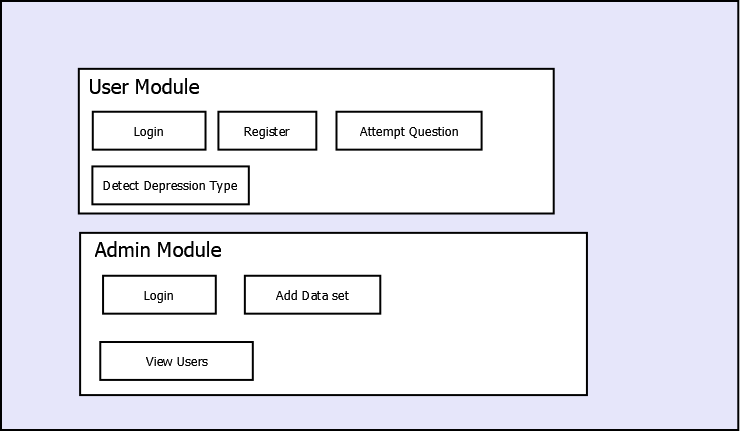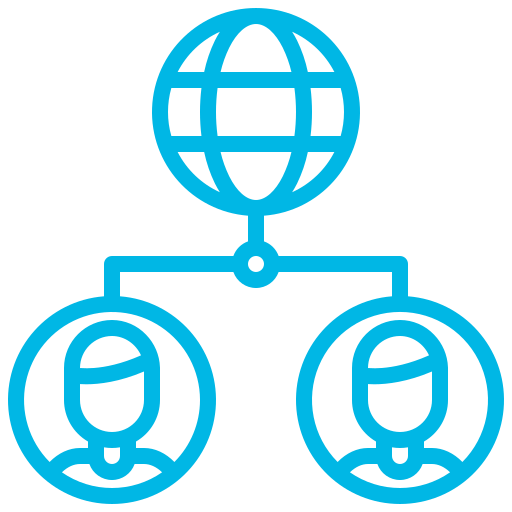Anxiety, stress, and depression have become common psychological health issues in today’s society. These problems significantly affect individuals of all age groups, with a particularly large number of students experiencing them. What makes these issues more challenging is that people suffering from them often cannot identify whether they are affected.
This study focuses on predicting anxiety, stress, and depression using machine learning algorithms. Specifically, the research aimed to predict the severity levels of these psychological conditions among college students. Data was collected from 400 students using the DASS-21 questionnaire, a standardized tool designed to measure common signs of anxiety, stress, and depression. The severity levels were categorized as normal, mild, moderate, severe, and extremely severe.
Various classification algorithms were applied in this study, including Support Vector Machine (SVM), K-Nearest Neighbors (KNN), logistic regression, decision tree, and Naive Bayes. To evaluate and compare the performance of these models, metrics such as accuracy, precision, and specificity were used. Additionally, the F1 score was included as an evaluation metric because the confusion matrix revealed class imbalance, and the F1 score is particularly useful in such cases.
After implementing all the algorithms, it was observed that the K-Nearest Neighbors (KNN) algorithm performed the best, followed by logistic regression. These findings highlight the potential of machine learning algorithms in predicting and addressing psychological health issues among students.
1. User Register.
2. User Login.
3. Attempt Questioner
4. Give health parameter
5. Show Result.
Hardware Interface
HDD
RAM At least 4 GB
Keyboard
Mouse
Software Interface
Android, Java
MySql








